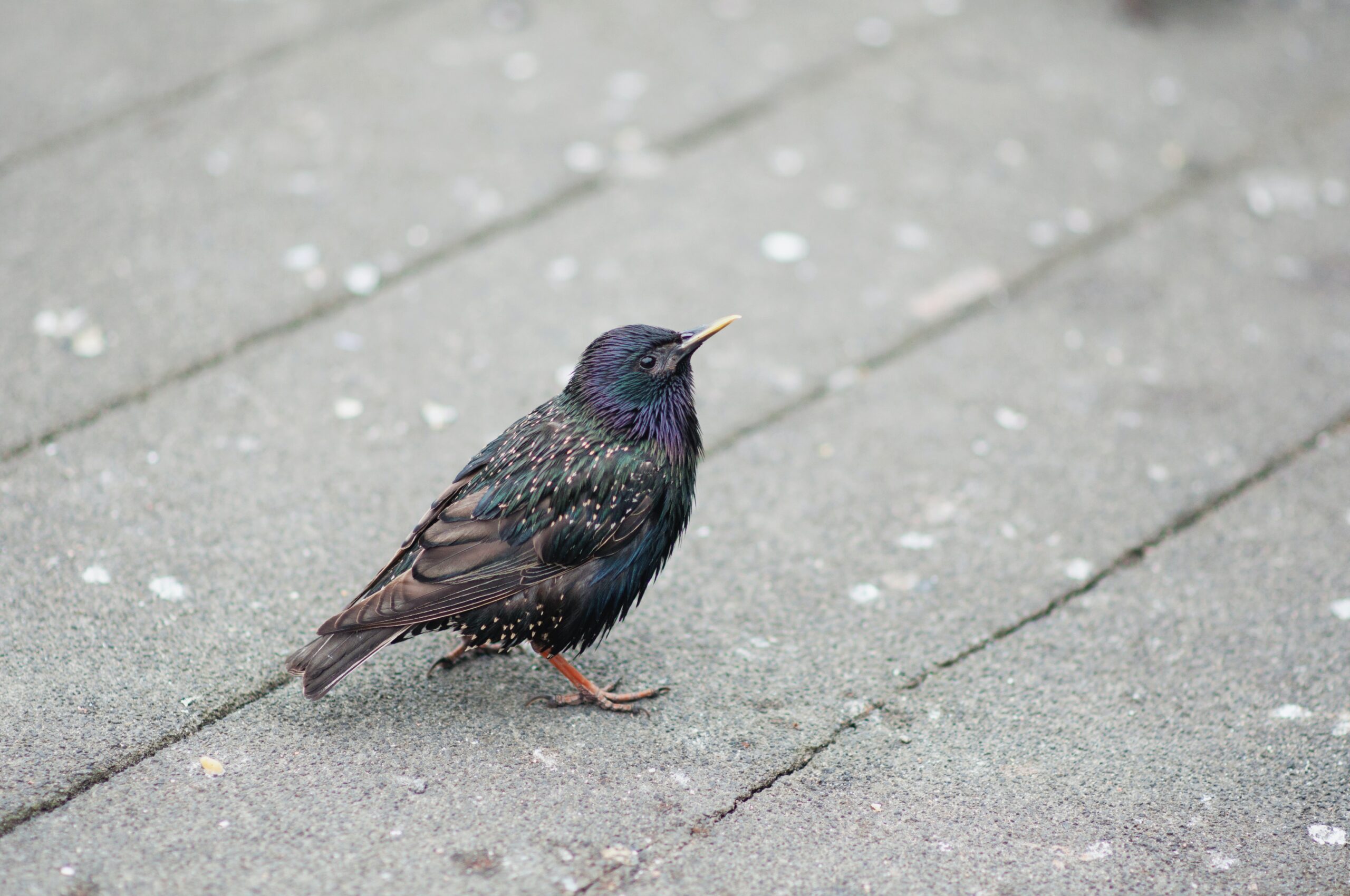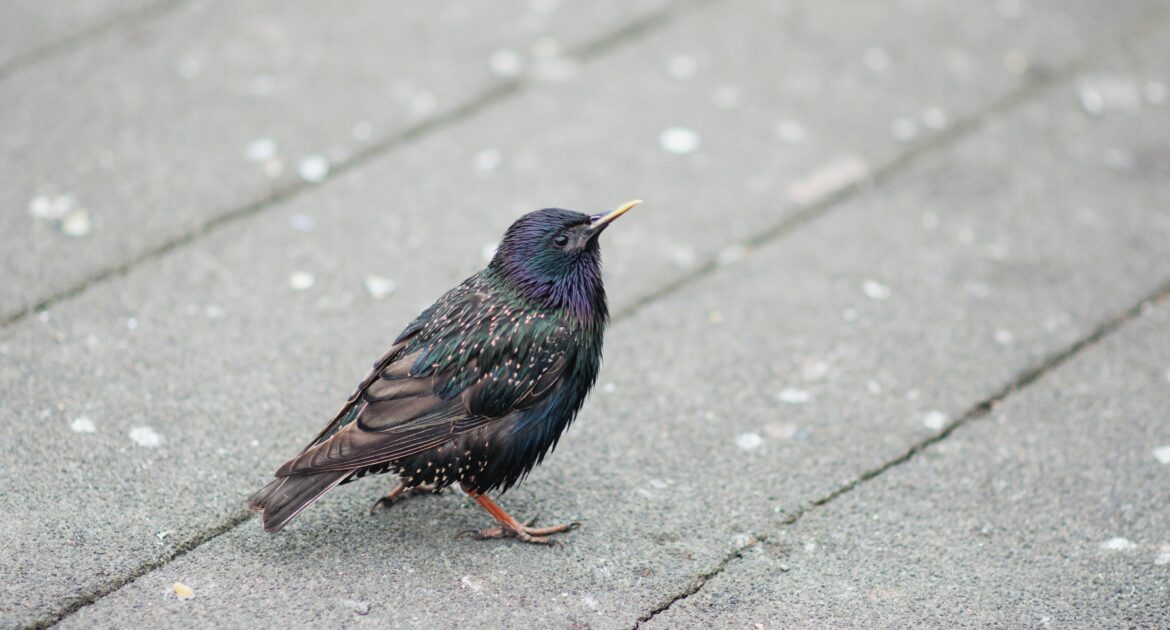Many homeowners enjoy birds’ cheery songs and bright plumage, but these feathered friends can quickly become pests if they’re too comfortable near human dwellings. In fact, when birds roost in eaves and attics, homeowners have to find wildlife control in Vaughan. Otherwise, they risk bird droppings covering their porch and nesting efforts damaging their houses’ internal structures. In the worst-case scenario, birds can infect pets and residents with serious diseases.
Once birds settle in your house, you need professional help to get them out. It’s better to deter wildlife instead, saving you money and headaches. There are plenty of tips to keep out birds in particular, including these affordable and humane options.
Never Feed the Birds
Many people put out feeders to attract birds to their gardens. Unfortunately, birds remember this and will check out your property in hopes of a snack. Even if you stop filling the feeder, it’ll take a while for flocks to learn there’s nothing to find in your yard.
While feeding the birds is a nice thought, it makes them less afraid of humans and more comfortable poking around where they shouldn’t. A location with a steady supply of feed is ideal for nesting birds, so they’re bound to start hunting around your house for a nice place to settle down.
Install Humane Bird Exclusions
Rooftops and gutters are natural resting spots for birds, but if they find a hole in your eaves, they’ll take full advantage of the sheltering space. To deter birds from roosting where they shouldn’t, you can install bird exclusions.
These cost-effective products aren’t dangerous — they just make it inconvenient for birds to sit in certain places. For example, installing chicken wire over your gutters allows the system to collect rainwater but prevents birds from gathering there.
Keep Trash Secure
Birds and other animals love to get into trash cans — they’re an all-you-can-eat critter buffet. If you want to prevent birds from eating your garbage, you should secure your bins against all wildlife, as many birds will gladly gather once a raccoon or other clever animal has pried off the lid.
One of the best ways to thwart dumpster diving is securing the trash bin lid with the following:
- Straps
- Bungee cords
- Clips
To deter bears and other large animals, try a bin enclosure. These are small sheds made of plastic, metal or wood and come with a latching door. Most animals will give up after trying and failing to get inside.
Of course, it’s also important to secure trash before you put it in the bin. Heavy-duty trash bags keep smells from wafting out of the container and make it much more difficult for birds to get at the waste inside.
Finally, try to store garbage and recycling bins away from your house. That way, animals won’t associate free food with your home.
Cover Food Sources
Even if you don’t intentionally put food out for the birds, they may find it in unlikely places. For example, if you’re having a party in your backyard, you should cover dishes so feathered guests don’t swoop in. Similarly, keep an eye on grills and other outdoor cooking equipment, as birds won’t think twice about stealing food right out from under your nose.
Additionally, you should cover sources of water or drain them regularly. Fountains and birdbaths are prime examples. If you have a pond, try putting a fence around it. Pool owners can install covers to keep out wildlife and prevent the water from accumulating leaves and bugs.
Sometimes birds will find a way into your house no matter your efforts. When that happens, Skedaddle Humane Wildlife Control can help with our bird removal services. To schedule an appointment or ask questions, contact us online.




